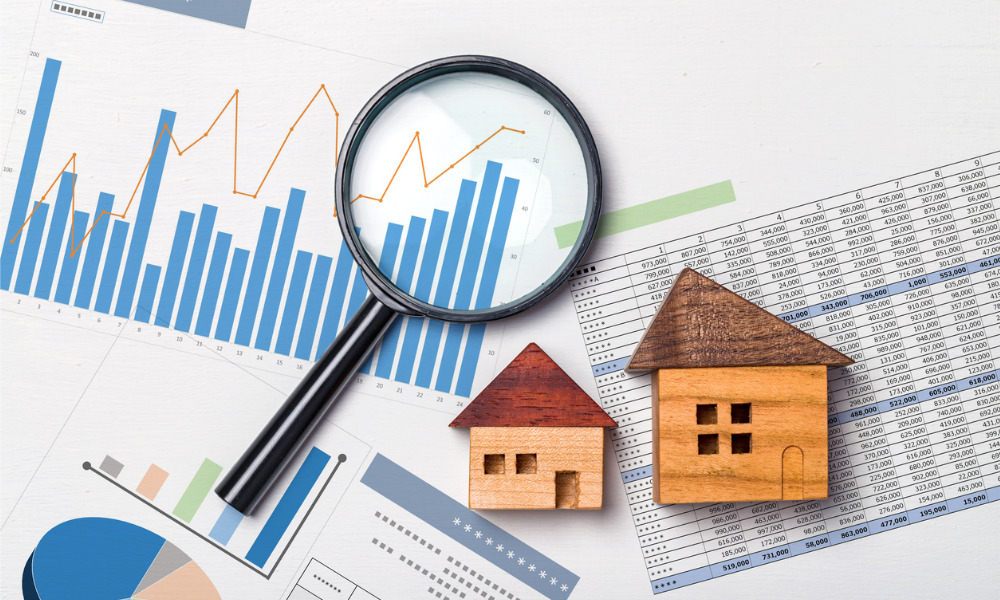Determining Future House Prices (And Their Impact on Property Development)
Housing prices across Australia have witnessed a massive increase over the past two years. But will the trend continue? Learn what different industry players have to say on the topic.
As we enter 2022, many property developers and investors wonder what the Australian property market will look like this year and the following year.
For now, we’re all witnesses to how the numerous pandemics-related restrictions didn’t stop the housing market in the country from booming in 2021.
Even though house price rate growth seems to be slowing down, property values are still going up in most markets across the nation. Sydney, for example, witnessed an increase in house prices of more than 25.5%, Brisbane 29.2%, and Melbourne 14.9%.
However, the growth momentum showed signs of slowing down after hitting its peak in March 2021, leading some to believe the market will crash in 2022. But these predictions have been made year after year and have been proven to be wrong.
Read on to learn what is really going on in the market and what the projections are for 2022 and beyond.
The Predictions
As far as the prices are concerned, different institutions have made varying predictions for this year. That’s because the numerous lockdowns have certainly had their fair share of influence on the housing market in Australia and beyond.
Here are what banks, real estate agents, and independent analysts have to say.
Banks
These institutions were the first ones to take measures during the pandemic-induced lockdowns. First, they cut the mortgage numbers on offer by half. And to avert the negative equity potential as well as the unrecoverable debt risk, they then culled low-deposit rates.
These deals have started to find their way back into the market, but are doing so in a very cautious mood.
Australia’s four big banks made property price predictions for 2022 and 2023. Here’s what they look like:
- ANZ predicted a 6% increase in prices in 2022, followed by a 4% decrease in 2023.
- NAB forecasts a 4.9% increase in 2022 and a 4% fall in 2023.
- CBA outlooks a 7% rise in 2022, followed by another 10% rise in 2023.
- Westpac predicted an 8% rise in 2022 with a 5% correction the following year.
As you can see, most banks still predict that the housing market prices will continue to rise in 2022. But they aren’t unanimous when it comes to 2023.
Real Estate Agents
These professionals benefit from high housing prices perhaps more than anyone else in the housing industry. After all, happy sellers bring them more listings, while optimistic buyers lead to more sales, better prices, and commissions.
Now, it seems like real estate agents should have the best outlook when it comes to the future. But the truth is that it’s not all sunshine and rainbows on their end, either.
For instance, some real estate agents have witnessed a price drop starting from 3% up to 10% over the past two years. But at the same time, most agents are unanimous that this price drop is only temporary.
The field is ready for house price growth. And the trend that started in the past few years should be able to continue as far as real estate agents’ predictions are concerned.
Independent Analysts
Compared to real estate agents, independent analysts are less optimistic with their forecasts. This may be due to the fact that the analysts have less practical experience or simply because there’s no reason for them to build their hopes up.
Many analysts say that some regions will be hit differently. But there are others who give a lot of importance to the impact of the Coronavirus pandemic and believe the prices could keep falling.
Even though Australia’s headed towards a period of strong economic growth and more jobs start to arise, it’s unlikely that there will be the same growth rate in the next two years as we’ve witnessed in the past two years.

What’s Affecting Housing Prices in Australia?
Low interest rates, tax breaks, and inadequate supply response are three main drivers of housing prices in Australia. The shift from high to low interest rates has allowed many residents to borrow more money, boosting their buying power. The tax breaks, on the other hand, go in favour of investors, allowing them to push the house prices up.
However, the inadequate supply response may play an even bigger role here.
Numerous local government planning and zoning restrictions make house affordability challenging by prolonging the construction time and limiting the supply. In fact, according to an Organisation for Economic Co-operation and Development (OECD) report, planning and zoning restrictions are the main reason why our country records the fourth-fastest price growth in the housing market in the world.
The main problem lies in the long waiting times.
Some developers need to wait for more than two years to get approval on what initially was supposed to be a 6-to-12-month wait. And certain apartment development projects in NSW even take up to three years to get approval.
However, the temporary immigration pause in the country may be a chance to change things up.
Before 2020, our country witnessed a strong immigration surge that caused the housing demand to skyrocket. But due to ongoing travel restrictions that decreased demand, the government now has the opportunity to catch up with the construction.
Strong Correlation Between Housing Prices and Property Development
Changes in house prices directly impact the housing market and property development. Low interest rates, tax breaks, and supply are the biggest drivers when it comes to the shift in prices.
However, predictions are that the rise in prices Australia has witnessed over the past two years will continue to grow, but to a smaller extent. Some organisations even predict that the prices will decrease in 2023.
To make sure you’re getting the most out of your property development, you need a robust platform to help you out.
With Archistar, you have access to a wide range of planning and zoning data. You can search for sites with access to property and suburban insights, assess for feasibility and download our one-click due diligence report.
You can try out our software. Get started for free: [https://test.archistar.ai/]

